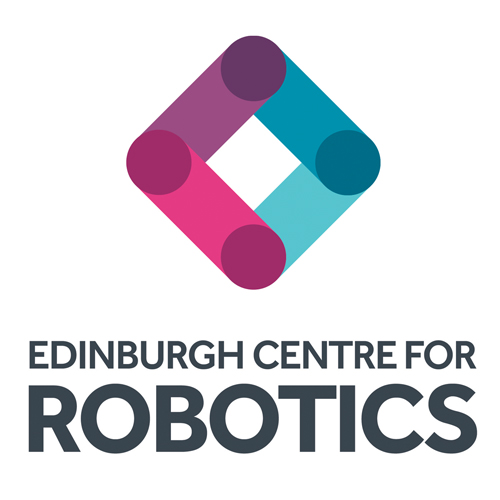Nikolas Tsagkas
I am a PhD candidate at the School of Informatics, University of Edinburgh, supported by the Edinburgh Centre for Robotics. I am fortunate to be advised
by Prof. Chris Xiaoxuan Lu (UCL) and Prof. Oisin Mac Aodha (UoE). My research focuses on leveraging pre‑trained visual representations for robot
learning.
Prior to my PhD, I earned an MSc in Artificial Intelligence with distinction in 2021 at the University of Edinburgh, under the supervision of Prof.
Chris Williams, where I worked on inference and learning for generative capsule models. Before that, I spent a year as a Data Scientist at
Ernst & Young. I hold a BSc and MSc in Electrical & Computer Engineering (2019) from the University of Patras, Greece, where I researched real‑time
hand‑gesture recognition using sEMG signals under the guidance of Prof. A. Skodras.

